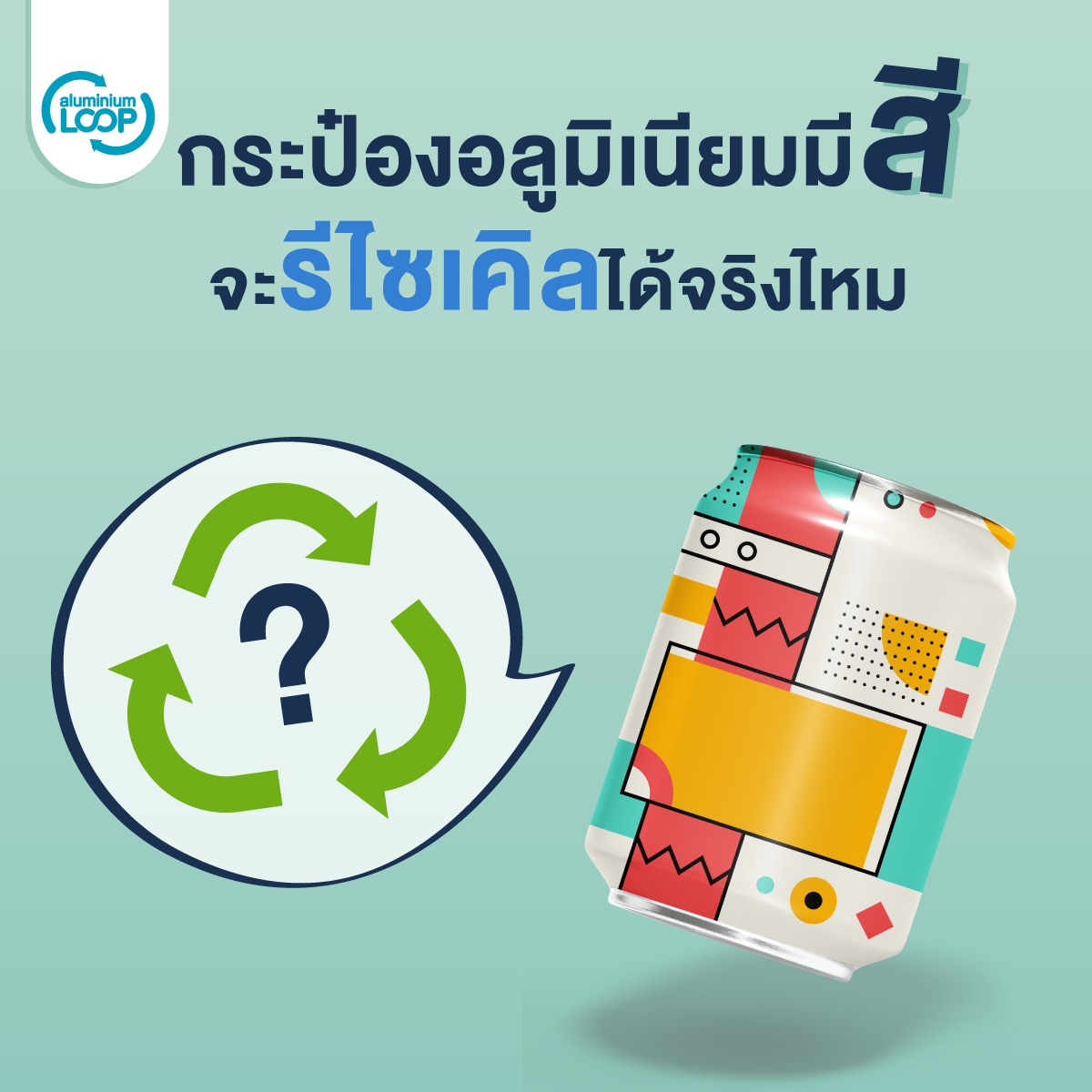
Can colored aluminium cans be recycled?
Aluminium cans, known as environmentally friendly packaging, are reputed to be fully recyclable. But does the color on the cans affect their recyclability?
Do you think waste is a problem in Thailand?
If you take a look carefully, you’ll see that waste in Thailand not only affects us but also has a significant impact on the environment, whether it’s the smell, wastewater, or even spoiling the view.
So how should we solve this problem? What approaches can we take, and which sectors need to take responsibility? Find the answers in the interview “A Glimpse at Thailand’s Perspective on Implementing EPR” with Mr. Atthapol Charoenchansa, Director-General of the Pollution Control Department, Ministry of Natural Resources and Environment.
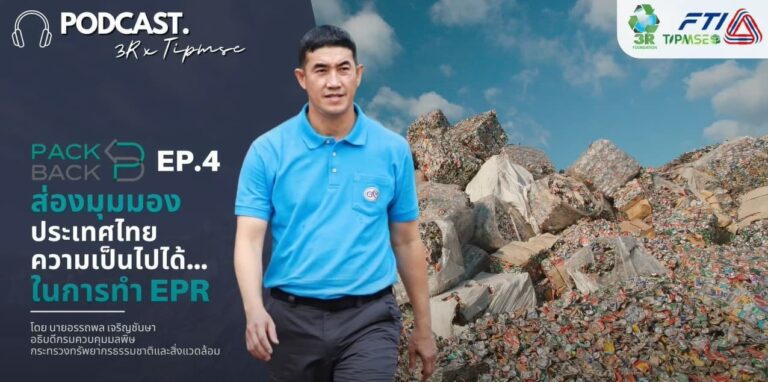
“Waste” is one of the major environmental problems, right up there with air and water pollution. The most problematic waste is community waste that has accumulated from the past to the present because it can’t all be eliminated and isn’t being utilized to its fullest potential. This accumulated waste includes both properly and improperly disposed parts, and the correctly managed disposal systems are very few, and only about 16% of it is being repurposed.
Nearly 40% of this community waste consists of everyday packaging waste. Even though the overall amount of waste has decreased due to the COVID-19 situation, packaging waste has increased due to more consumption through delivery services. It’s expected that once the COVID-19 situation eases, packaging waste will rise again, partly due to the influx of tourists.
The issue of packaging waste has been a national agenda needing resolution since 2014, but it’s still unresolved because people have not changed their waste disposal habits. However, the government has been trying to regulate waste separation, such as setting waste collection fees where those who produce more waste pay more. This serves as an incentive for people to separate their waste to avoid higher collection costs. The need to increase waste collection fees is because waste collection in Thailand is very cheap, sometimes only 10 baht per month, leading to careless waste disposal habits and not fostering a conscience or behavior to repurpose waste.
The best waste management principle is to repurpose as much as possible before disposal.
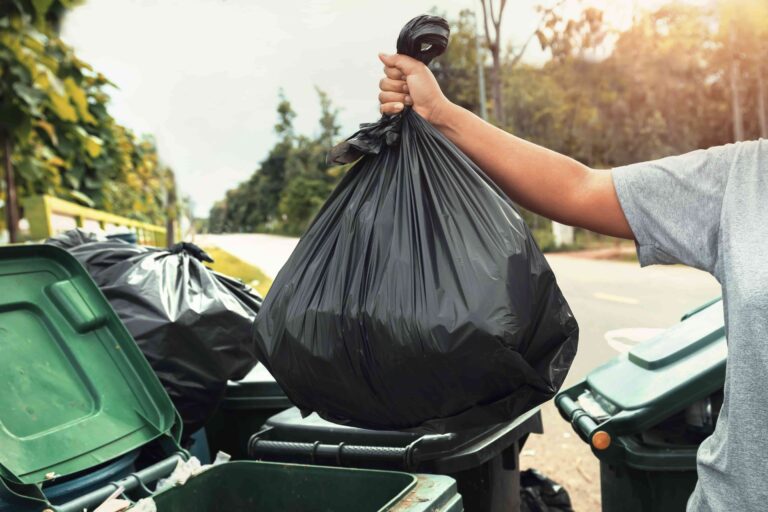
It’s a sensitive issue for Thailand to implement measures that seem to push the burden onto the citizens, but it’s a responsibility that they must share for their consumption. That’s why enforcing laws is necessary, as without enforcement, it’s challenging to change the behavior of Thai people. The government needs to communicate with the public to understand the severity of the impact of waste on the environment because, without understanding, there will be no cooperation.
Now, all government sectors enforce the government’s policies and Cabinet resolutions on waste disposal, with the Pollution Control Department as the main coordinating unit. Then, it will be expanded to local areas. Currently, the Pollution Control Department is proactively addressing waste and environmental issues in local areas, ensuring they enforce the law seriously, and the department will guide them in using waste management systems.
Local authorities are closest to the waste problem, so they need to be strengthened through the enforcement of laws within the community.
At the same time, we see that the private sector has also started to take action on waste management. For example, there is a project by the Stock Exchange that encourages all companies on the same street to manage their waste correctly and convert it to carbon credits, which shows that waste is linked to climate change and can lead to the goal of Net Zero (Greenhouse gas emissions at zero).
For citizens, the principles they can follow are the 3Rs (Reduce, Reuse, Recycle), but serious education is needed to create new habits for disposing and managing waste. It’s crucial to support the complete in-country recycling or transformation of waste.
If we want to see the recycling rate increase from 16% like in developed countries to 70-80%. This is a challenging goal.
Especially with plastic waste, which the government is currently managing to prevent imports to maximize the use of domestic waste. This involves producers, recycling plants, private sector, local income earners from waste collection, like recycle collectors, to prepare plastic waste to be of high enough quality and cleanliness for further processing. If this cycle can be established, it could significantly reduce the amount of waste.
Actually, we don’t see plastic packaging as something that harms the environment, but rather the consumption without proper disposal is what damages it.
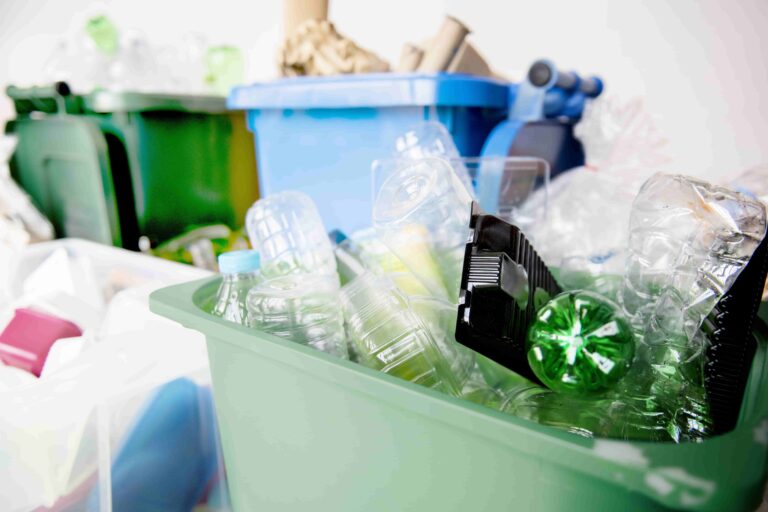
However, the problem of waste doesn’t only arise from consumers; producers also play a big part due to their product or packaging designs that may end up as non-recyclable waste. Nowadays, there’s the EPR (Extended Producer Responsibility) system, which extends the responsibility of producers to the entire lifecycle of the packaging, not just manufacturing and selling, but from production to post-consumer use. Producers need to consider the full environmental impact, from the selection of materials, design, distribution, collection, and recycling or reuse.
Is Thailand ready to implement the EPR system yet?
For EPR to succeed in Thailand, it’s not just the producers who need to take responsibility, but all stakeholders involved, including consumers, informal waste sector, and waste aggregator. It has to start voluntarily, where producers discuss their measures with all relevant stakeholders on how to make the EPR system work.
Producers need to make their products or packaging valuable so that people don’t want to throw them away but instead reuse them or return them to collection points, or sell it back to the producer to keep the circularity going. For example, aluminium cans have a clear value, fetching higher prices than other packaging materials and can be recycled in a closed-loop.

In terms of measures, it should be more about encouragement, like a deposit refund system (DRS) for reusable or recyclable packaging, where consumers can return packaging at the collection point or the shop and get their money back. This is a strong incentive for returning packaging waste to producers. However, there should also be regulations against improper practices that harm the environment.
Moreover, although the Thai government has set a roadmap in 2022 to reduce 4 types of single-use plastics like straws, thin cups, thin plastic bags, and foams, it is still a challenging task to effectively tackle waste reduction. The alternatives, such as paper straws, must be safe and easily disposable to not become a new waste problem. This means producers need to think about designing packaging that can be recycled or reused.
Another important factor is cleanliness. Whether we intend to recycle, upcycle, downcycle, or reuse packaging, it must be clean and uncontaminated. However, plastic bags, which Thais often reuse as waste bags, pose a significant problem due to their difficulty in cleaning and many colors to mix together. This misuse makes them non-recyclable. In countries using the EPR system, waste bags are color-coded to clearly indicate the type of waste.
Government support is equally crucial, where the government needs to facilitate producers using the EPR system, whether in production processes or tax measures. Without government support, Circular Businesses that align with the Circular Economy concept, as per Thailand’s policy, won’t emerge. However, any privileges given to these producers must be appropriate and fair.
The trend for EPR in packaging production is moving in a positive direction, with an increase in paper boxes and paper straws. Meanwhile, the government is reducing plastic and foam packaging, indirectly forcing consumers to use eco-friendly packaging. Then, businesses like restaurants and cafes, along with most consumers, will start to adjust accordingly.
Every activity in life causes pollution, including air pollution, wastewater, and waste. Everyone, whether producers or consumers, needs to change their mindset, behavior, habits, and take responsibility, extending it to their families and communities.
Listen to the EPR Series podcast episode “A Glimpse at Thailand’s Perspective on Implementing EPR” for more insights at https://www.youtube.com/watch?v=zLzLU1S70YE
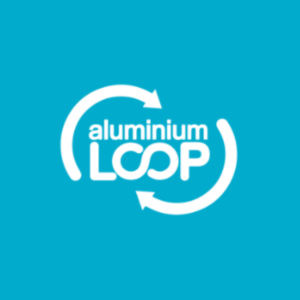

Aluminium cans, known as environmentally friendly packaging, are reputed to be fully recyclable. But does the color on the cans affect their recyclability?
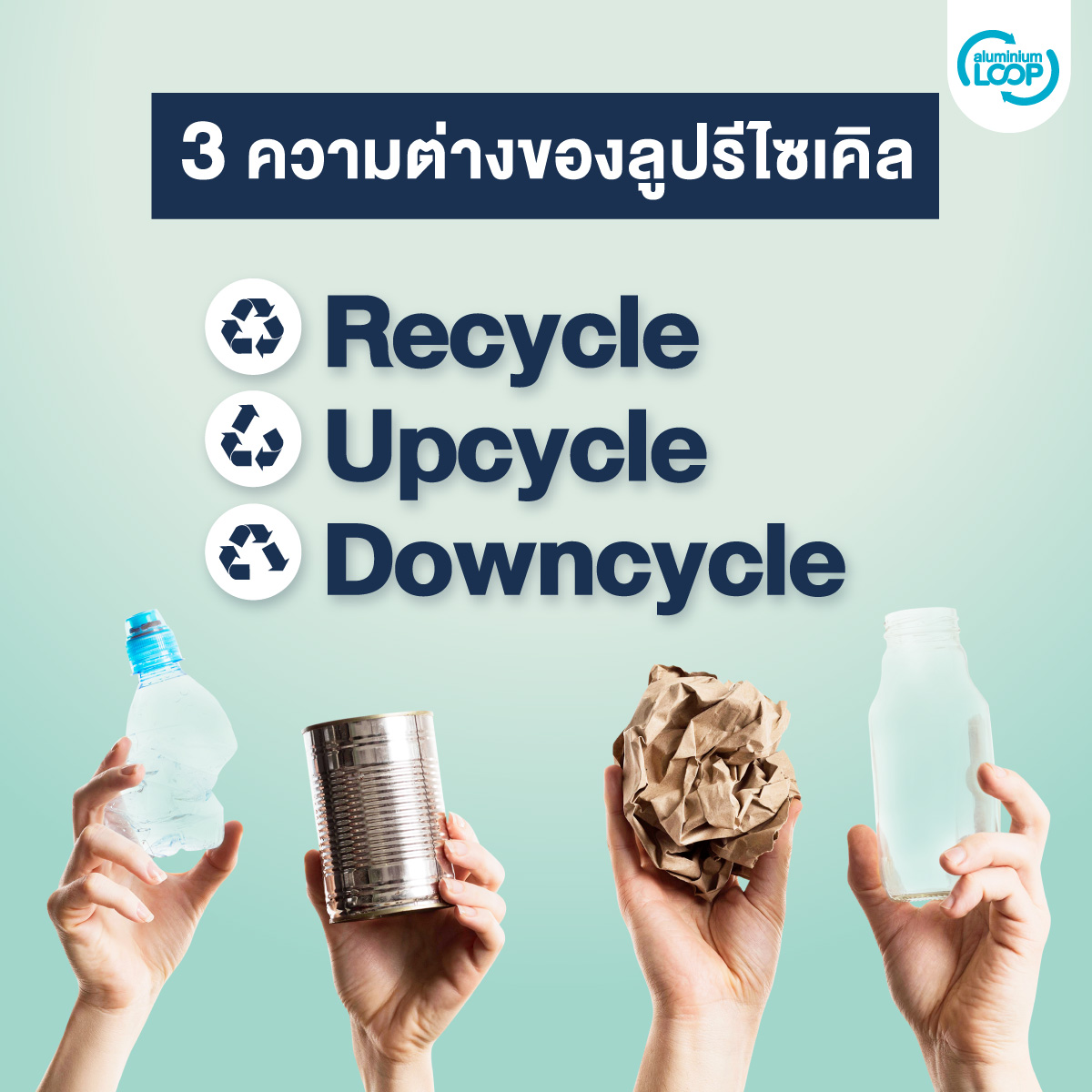
Recycle, Upcycle, and Downcycle – how do these 3 processes differ? Let’s learn together to manage used materials correctly and appreciate their value.
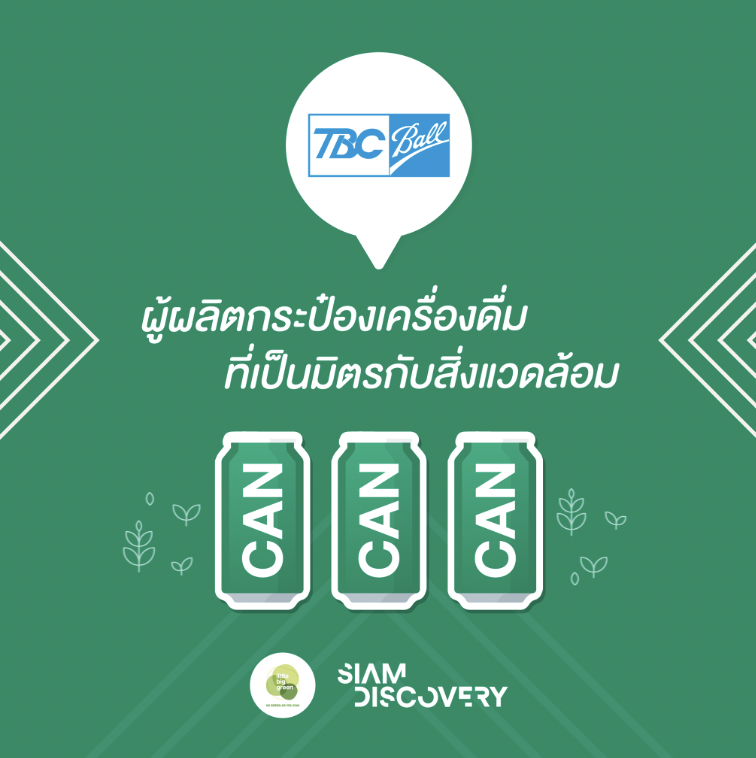
TBC Ball’s initiative to make drink cans a sustainable packaging option, particularly from an environmental perspective.